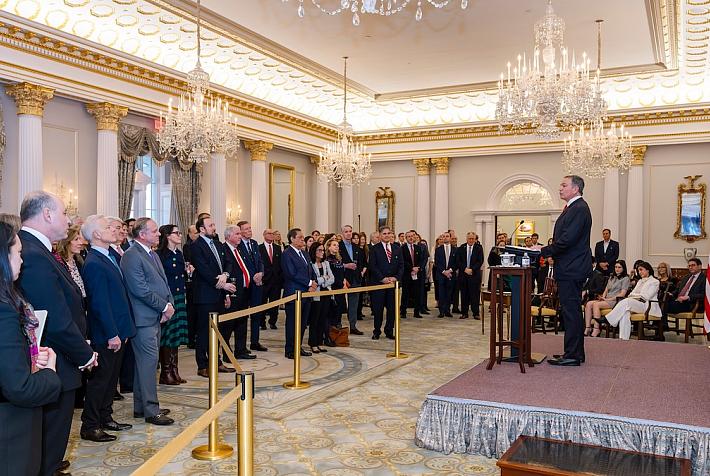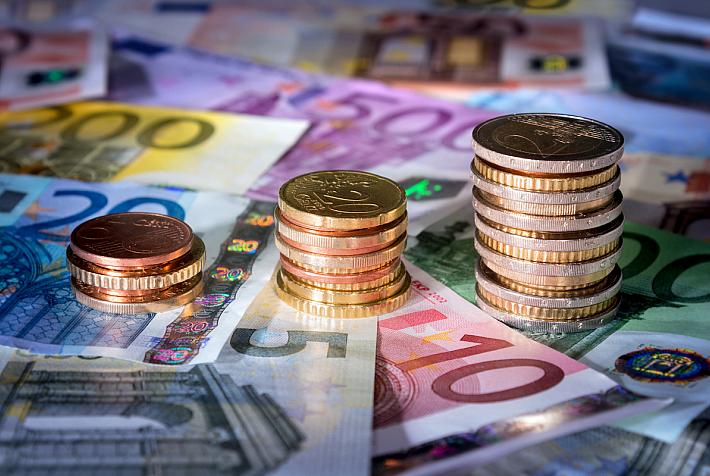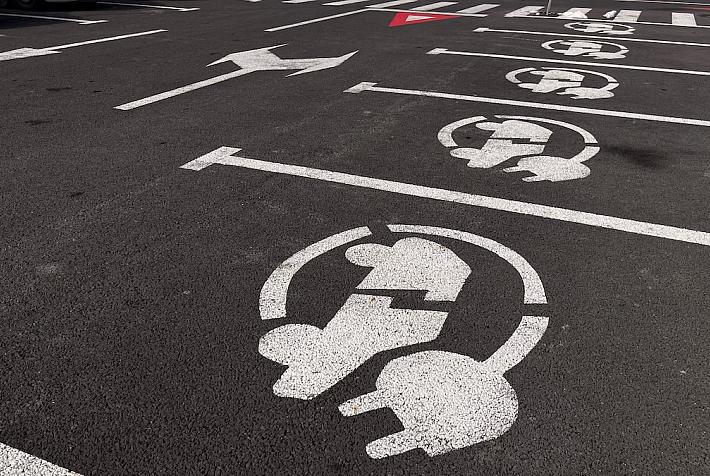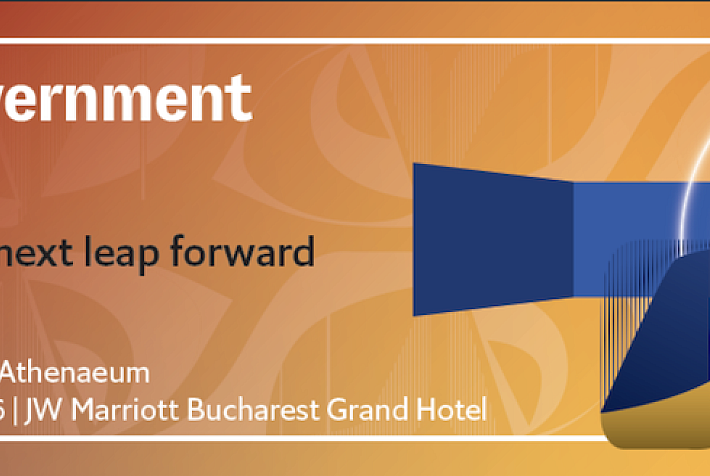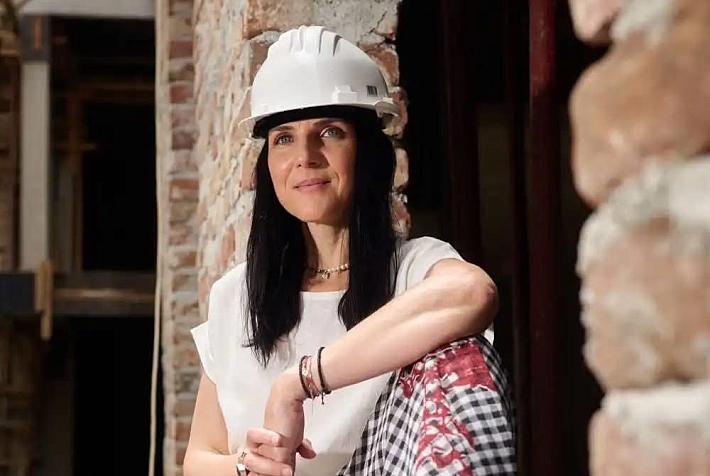Liberty Steel fires blast furnace in Romania but remains under mounting debt
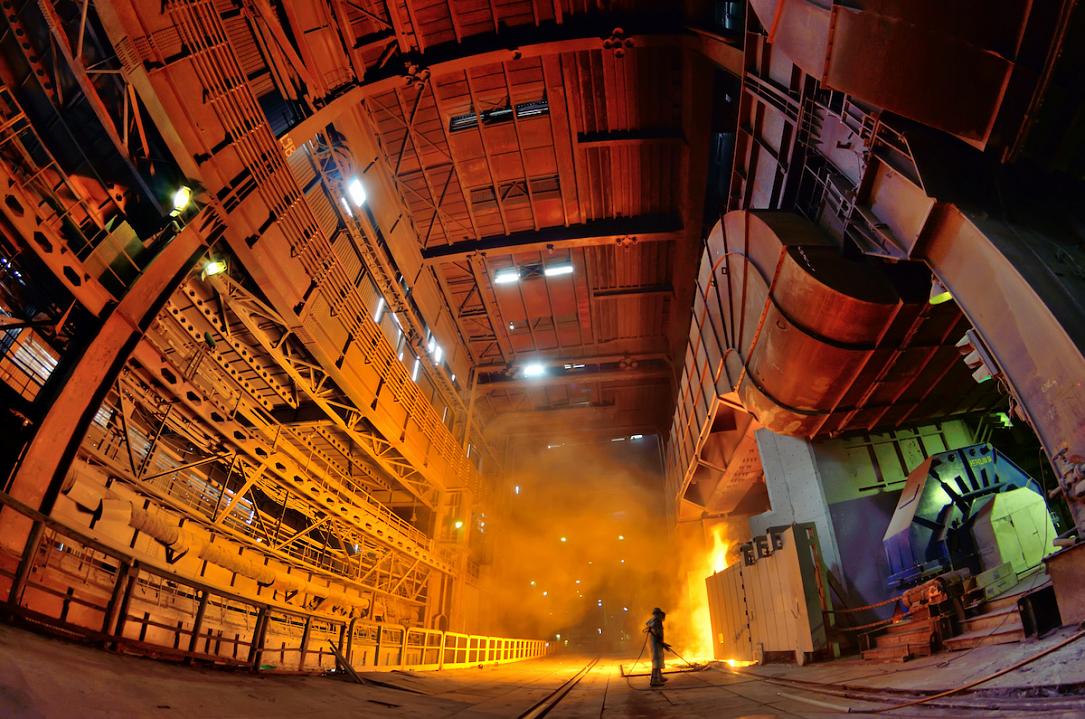
Romania's sole flat steel producer and among the few still operational in Europe, Liberty Galati (part of GFG Alliance's Liberty Steel Group), announced it resumed activity on June 4 after idling for an entire year amid adverse market conditions. Over the past year and a half, the company received EUR 292 million in government-guaranteed loans from state-owned bank Eximbank but failed to reach break-even production amid a weak market last year.
The company ties its hope for settling its mounting debts to the state's stimulus for the defense industry. Its debt surpassed EUR 500 million in May 2025 and has been under pre-insolvency procedure since March 5. The EUR 1 billion Greensteel decarbonisation investment plan announced in 2021 with the aim of carbon-neutral operations by 2030 was put on hold, just like its plan to decommission the furnace blast at the end of 2026.
The company's target is to reach the break-even steel production of 172,000 tonnes per month. Last year, it reached only 136,000 tonnes under a similar attempt before exhausting the entire EUR 142 million loan received in December 2023.
In July 2024, the company received another EUR 150 million loan, again guaranteed by the government and again from state-owned Eximbank. The state-owned bank now has a representative on the company's board. But Liberty Galati failed to resume operations for an entire year amid persistent adverse market conditions.
At this moment, with only EUR 39 million left and mixed conditions, it expects better odds for successful resumption of activity. The deadline for the EBITDA break-even point is rather remote (two years), which makes the target more realistic while posing the problem of financing over the period until break-even.
"Liberty Galați's action plan aims to achieve a positive EBITDA over the next two years, expand the order portfolio in strategic industries such as defense, infrastructure, construction, and shipbuilding, and improve operating costs. The company is also implementing initiatives to preserve the value of Romanian assets, monetize non-core assets such as real estate, and identify new funding sources," stated Remus Borza, Attorney at Law and head of the insolvency firm handling steelmaking's settlement procedure with the creditors.
In the current geopolitical context, the company expressed hopes for stabilisation of the steel demand, supported by the European Union's trade measures, strategic support, and the Carbon Border Adjustment Mechanism (CBAM) regime. [The EU's CBAM is the EU's tool to put a fair price on the carbon emitted during the production of carbon-intensive goods that are entering the EU and to encourage cleaner industrial production in non-EU countries.]
Liberty Steel also expects that the new EU-imposed quotas limiting imports, as well as the future reconstruction of Ukraine, will positively influence steel demand - including for high-quality products made in Galați. The EU's focus on the defense industry and other key sectors will hopefully further stimulate demand and pricing for steel in the medium to long term.
iulian@romania-insider.com
(Photo source: the company)








